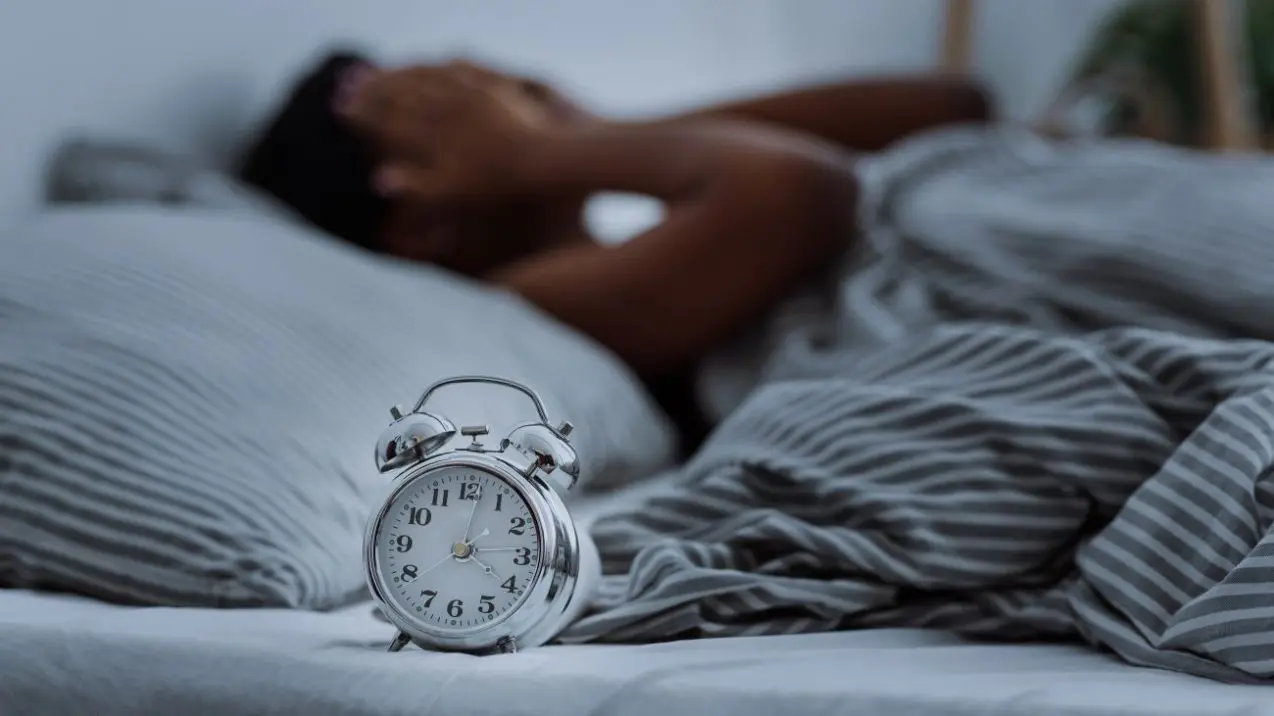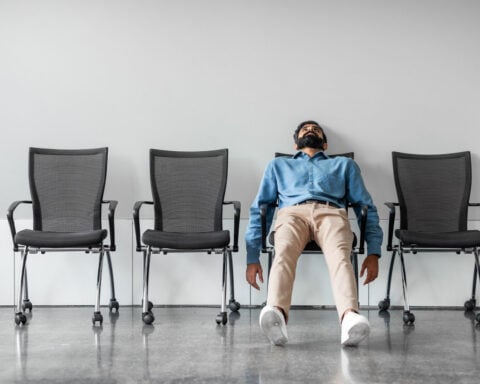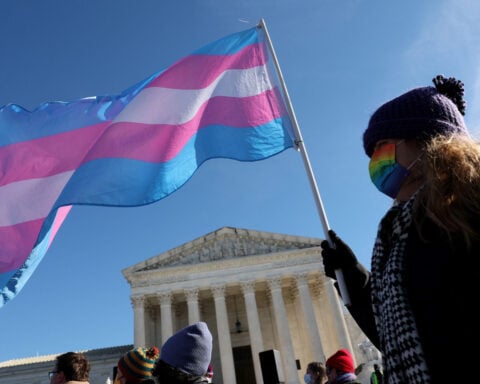As clocks across America "fall back" an hour at 2 a.m. on Sunday, November 6, internal clocks may lag behind. This semi-annual switch between daylight saving time and standard time has measurable impacts on public health and safety, according to research. While the spring switch to daylight saving is more disruptive, the upcoming change to standard time also negatively affects health.
The most immediate impact of the time change is increased traffic accidents and workplace injuries. Researchers estimate that the switch to and from daylight saving contributes to thousands of car crashes and 300 deaths in the U.S. each year. The increased risk stems from the abrupt one hour change in sleep schedules. Brian Jacobsen, an economics professor at Wisconsin-Whitewater, found in his 2018 study that fatal traffic accidents in the U.S. rise 6% during the workweek after the switch.
Beyond traffic safety, the disruption in sleep cycles also affects mood. Multiple studies have linked the fall switch with an uptick in depressive episodes. A Swedish study published in 2008 found an 11% spike in depressive episodes after the end of daylight saving time in the fall. Researchers believe the abrupt loss of daylight in the evenings negatively impacts mental health.
Interestingly, while the spring switch has been tied to a 24% increase in heart attacks the day after, likely due to the loss of an hour's sleep, studies show a 21% decrease in heart attacks after the fall switch. The benefit seems to stem from gaining an extra hour of rest. However, experts say both transitions impact public health.
"Changes, even small ones, in your sleep can impact almost every area of your body from your skin to your cardiovascular system," said Dr. Marri Horvat of the Cleveland Sleep Disorders Center. Horvat said the switches disrupt sleep patterns and throw off circadian rhythms, which can open the door to long-term health issues.
How to Minimize Negative Impacts
Sleep specialists recommend gradually shifting sleep schedules leading up to the change. "Making the shift slowly over several days by going to bed and waking up 10 to 15 minutes later each day," said Horvat, helps realign the body clock.
Establishing a consistent bedtime routine is also key. Experts advise avoiding screens, turning down temperatures to 60-75 degrees, doing relaxing activities, and avoiding caffeinated beverages in the evening. Listening to soothing music before bed boosts relaxation.
Moderate exercise during the day, as long as it's not too close to bedtime, can aid sleep. Exercising outdoors boosts vitamin D levels, which helps maintain circadian rhythms.
While napping doesn't replace nighttime sleep, brief daytime naps can improve alertness and memory. Even five-minute power naps are beneficial, studies show.
The bottom line is that healthy sleep requires the right habits and attitude. "Set aside 7.5 or 8 hours for sleep and enjoy it!" advised Dr. Emerson Wickwire, director of the American Academy of Sleep Medicine. With vigilance and preparation, the negative effects of the time change can be minimized this Sunday.

 Estimated 24.6 million TV viewers watched inauguration coverage, smallest audience since 2013
Estimated 24.6 million TV viewers watched inauguration coverage, smallest audience since 2013
 Mother on trial in West Virginia denies locking adopted teens in shed
Mother on trial in West Virginia denies locking adopted teens in shed
 Extreme cold and snow across the South isn't a threat to most native plants and animals, experts say
Extreme cold and snow across the South isn't a threat to most native plants and animals, experts say
 Star-filled Louis Vuitton show unveils East-meets-West streetwear in collaboration with Kenzo
Star-filled Louis Vuitton show unveils East-meets-West streetwear in collaboration with Kenzo
 Trump order leaves Cuba prisoner deal in limbo
Trump order leaves Cuba prisoner deal in limbo
 Ichiro Suzuki headlines 2025 Baseball Hall of Fame class, receiving 99.7% of the vote
Ichiro Suzuki headlines 2025 Baseball Hall of Fame class, receiving 99.7% of the vote
 The facts about Trump's Stargate AI announcement
The facts about Trump's Stargate AI announcement
 Trump says he is open to Musk buying TikTok if Tesla CEO wants to do so
Trump says he is open to Musk buying TikTok if Tesla CEO wants to do so
 Chicago Bears hire offensive guru Ben Johnson as head coach
Chicago Bears hire offensive guru Ben Johnson as head coach
 Daylight saving time can affect your health
Daylight saving time can affect your health







